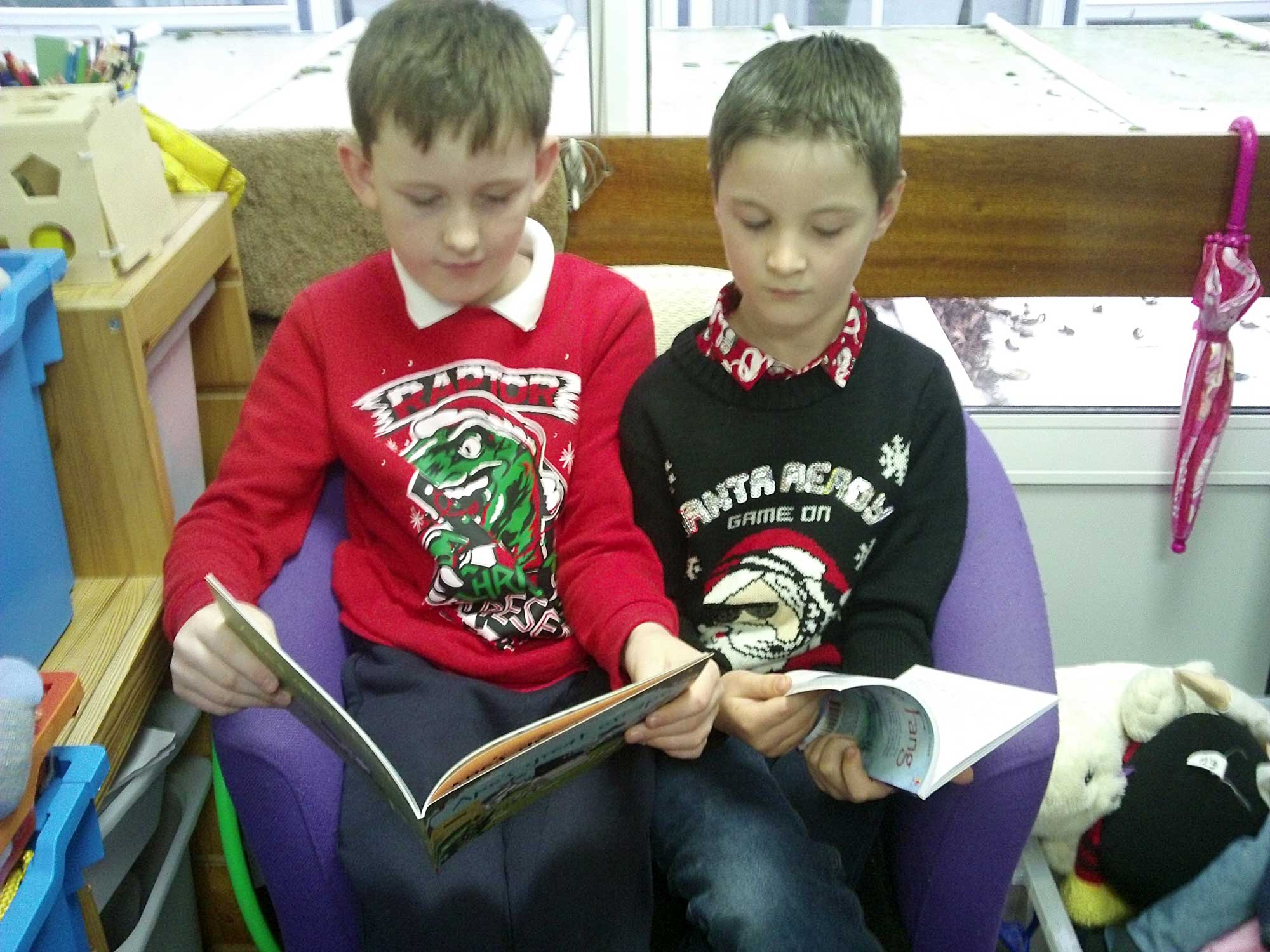Literacy and how we can help!

A wise man once said, ‘Education is the most powerful weapon which you can use to change the world.’ He was Nelson Mandela. It is thought that one in eleven children from disadvantaged backgrounds are unlikely to own a book or be read to. Currently adults of between 55-56 perform better than many 16 – 24 year olds. This is a concern as we need a skilled workforce to progress our society.
Children who enjoy reading at 10 can have a higher reading age than their peers, a longer life expectancy and hopefully happier mental health. The effects of the COVID pandemic and time spent out of school have made the gap between those who can read and have access to IT to do their lessons much wider when children returned to school and started lessons again. Those who suffered through lockdowns will need much more support to ensure their life chances are not blighted.
How can we as readers ourselves support children, young people and adults returning to education develop their literacy skills? What can we do to support whilst slowly getting back to our own lives?
Schools have been starved of funds to develop their libraries over the years. They have lost their librarians and their stock of books has probably not grown greatly either. We can help:
- Offer funds for the purchasing of books,
- Go into schools and run book clubs,
- Hear children and adults read,
- Talk to them about their hopes and dreams.
- In other words, befriend schools and institutions in your area and help them with their literacy projects where you can. There will probably be a great need.
- If you are in a group such as the WI, Rotary, a reading group, donating to a food bank – maybe you can collect a box of good as new books and present them to a local school or families for their children.
Help children to catch the reading bug!
Babies watch and learn from a very early age. You can never show them a picture book too soon. They will pat the picture and enjoy sitting on your knee listening to you telling them about the pictures. They will point out objects, turn pages, and as they get older begin to understand what they are looking at. I remember a walk in the country with our son riding on his daddy’s shoulders suddenly beginning to make baaing sounds. He was regularly shown the ‘Ladybird Farm Animals’ book and had seen some sheep in a field and made a connection! A friend who volunteered with Home Start, who read a story, sat on the stairs with a toddler, on a home visit, arrived the next week to find the little one sitting on the stairs with the book waiting for her story. Singing nursery rhymes, helps children understand the rhythm of language and sounds. Repeating words correctly to them helps form the first steps towards literacy.
There is so much we can do to support reading as individual family members and in groups in our communities. Our support is much needed. Giving books to schools for their libraries and for children who do not have access to books can make a real difference to a life. We will never know who we helped to catch the reading bug, but we will have made a difference to a life.